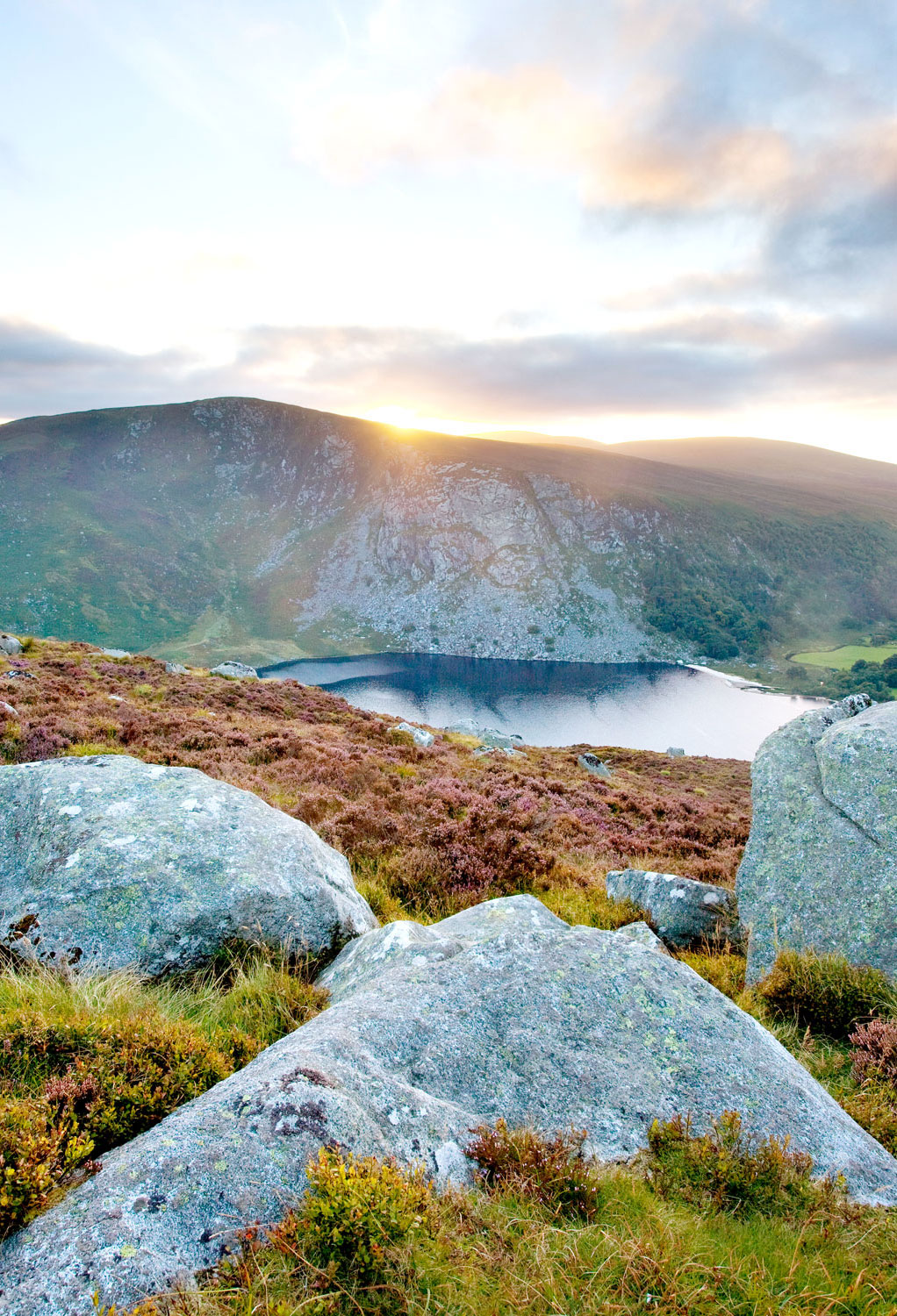Even if you’re not an avid hiker or climber, chances are you’ve heard of mountain ranges like the Andes, the Rockies, the Alps, and the Himalayas (home to Earth’s highest peak, Mount Everest). Perhaps you’re even familiar with the Seven Summits — the tallest peaks on each continent. But if you’re looking to venture off the beaten path, check out these six lesser-known mountain ranges around the world.
Lebombo Mountains – Eswatini, Mozambique, and South Africa
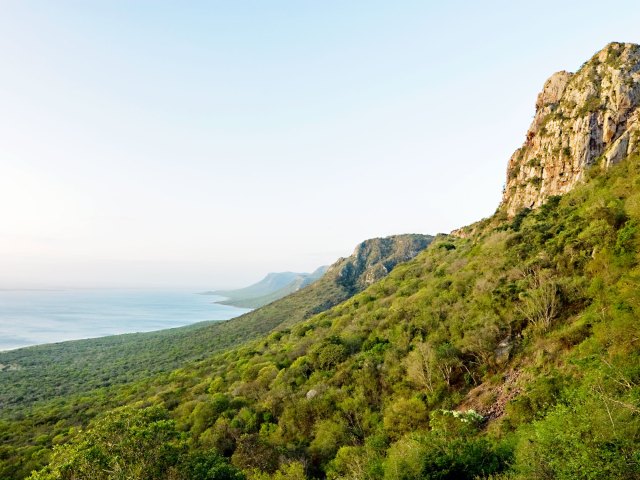
This long, narrow mountain range in Southern Africa gets its name from the Zulu word for “big nose,” ubombo. Although the mountain range doesn’t rise more than 2,600 feet, the several rivers — such as thePongola, Usutu, and Ingwavuma — which cut through the range have created some of the most impressive gorges in the world. The dense tropical forest growth on the Lebombo Mountains thins out at lower elevations, where you can see flora and fauna characteristic of a savanna. Indeed, the mountain range’s close proximity to Kruger National Park makes it an ideal location for a safari. Visitors can go to see the big five: lions, leopards, rhinos, elephants, and buffaloes.
Mocho Mountains – Jamaica
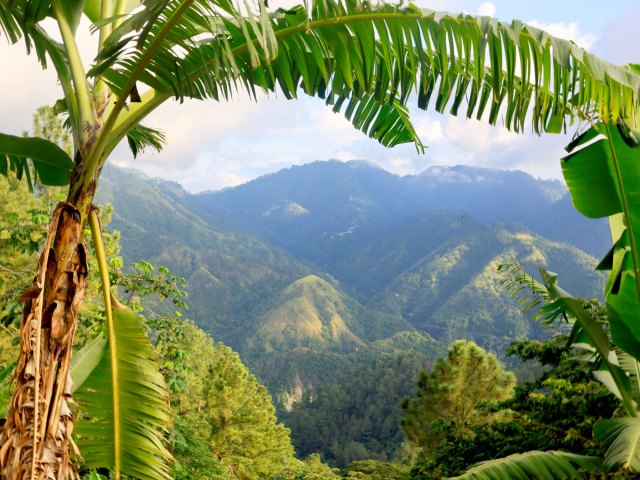
Although the Blue Mountains are Jamaica’s largest range, most of the island is mountainous and home to other, smaller mountain ranges. Located in the northern part of Clarendon Parish, along the southern portion of the island, the Mocho Mountains are Jamaica’s geographical center. They reach a maximum elevation of 1,430 feet above sea level. While this area was once full of lush tropical rainforests, unfortunately, years of farming and extreme weather have changed that.
Baudó Mountains – Colombia
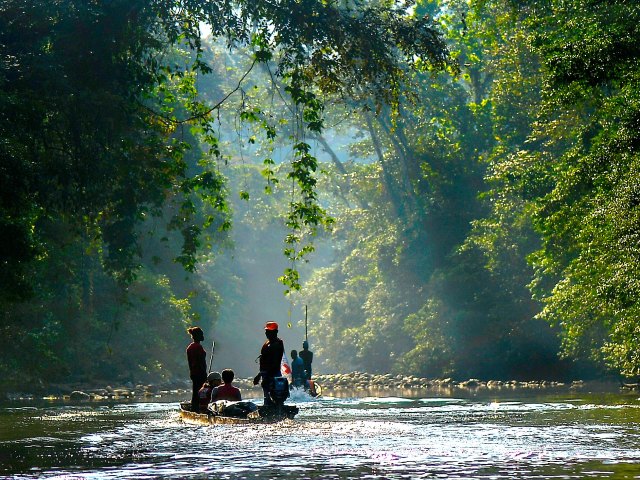
The dramatic seaside cliffs of the Baudó Mountains are an extension of the isthmus of Panama along Colombia’s Pacific coastline. Although this range is small compared to the Cordillera Occidental of the Andes, which lie in the center of the country, it’s home to the Atrato River, one of the fastest flowing rivers in the world. Currently, plans are in the works to increase tourism along the entire Baudó Mountains coastal region. Look for the construction of a new port to attract tourists who want to go whale watching.
Wicklow Mountains – Ireland
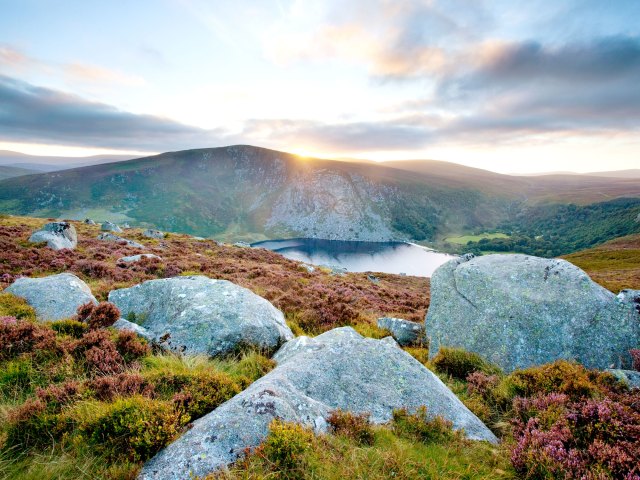
When you think of the Emerald Isle, you likely think of rolling hills and seaside cliffs. Ireland is full of landscapes that make you grab your camera, and one of those is the Wicklow Mountains located outside of Dublin. This small mountain range only rises a little more than 3,000 feet above sea level, but its infamous history and easy access make it the perfect mountain range to visit. Today, the majority of the Wicklow Mountains lie within a protected national park, where visitors can hike, camp, and enjoy water sports in the range’s abundant lakes and rivers.
Glarus Alps – Switzerland

You’ve heard of the French Alps and the Swiss Alps, but you might not know that these broad references include dozens of mountain ranges across Europe. Located in central Switzerland, the glacier-covered Glarus Alps are one of these ranges. You can find great ski resorts, health resorts, and ample hiking opportunities throughout the Alps, but the Glarus range has some special characteristics.
First, the Glarus Alps rise more than 10,000 feet, with their highest point, Tödi, at almost 12,000 feet. Also, they are part of the Swiss Tectonic Arena Sardona, which has been a UNESCO World Heritage site since 2008. This area is one of the places on earth where you can see how mountains erupt when continents, or tectonic plates, collide. That makes it a great locale to mix a family ski vacation with some science education. Additionally, the Glarus Alps are also home to the largest landslide in the region since the end of the Ice Age.
Hijaz Mountains – Saudi Arabia
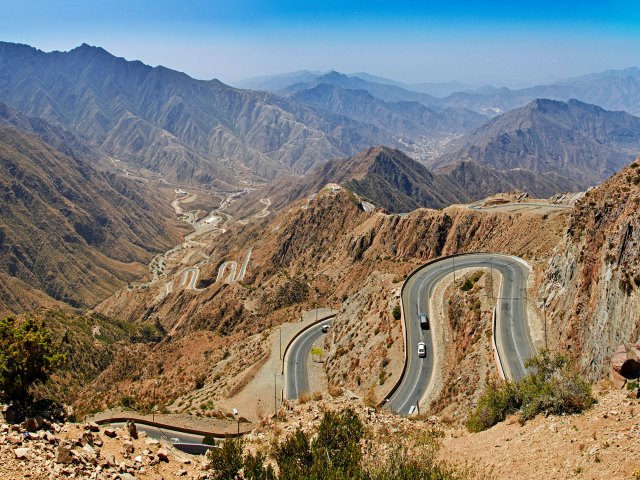
The Hijaz Mountains follow the Red Sea’s coast along the western side of the Arabian Peninsula. This mountain range is home to Islam’s second holiest city, Medina, where Muhammad established the first Muslim community. Muslims from around the world travel to Medina on a pilgrimage. The Hejaz Mountains are also home to Jeddah, known as Saudi Arabia’s cosmopolitan city. Jeddah is a port city on the Red Sea, which typically serves as the gateway to those who plan to visit Mecca and Medina’s waterfront resorts and world-class dining.
More from our network
Daily Passport is part of Inbox Studio, an email-first media company. *Indicates a third-party property.






